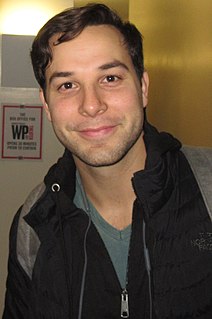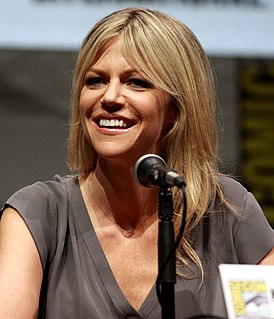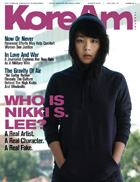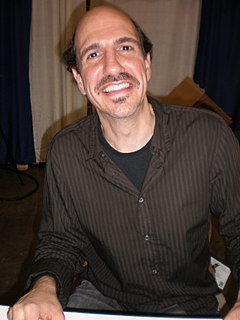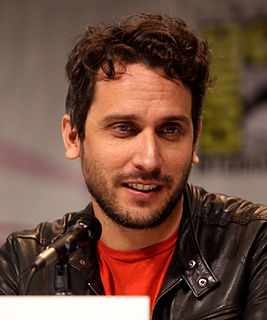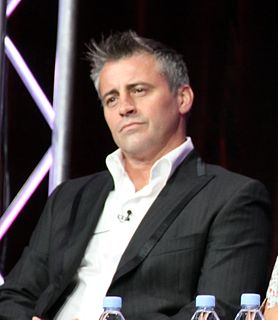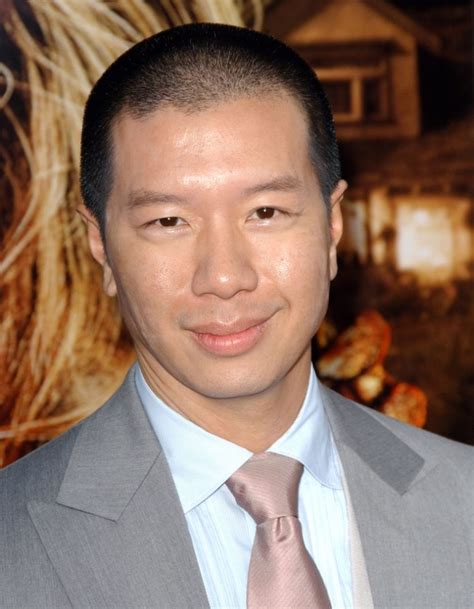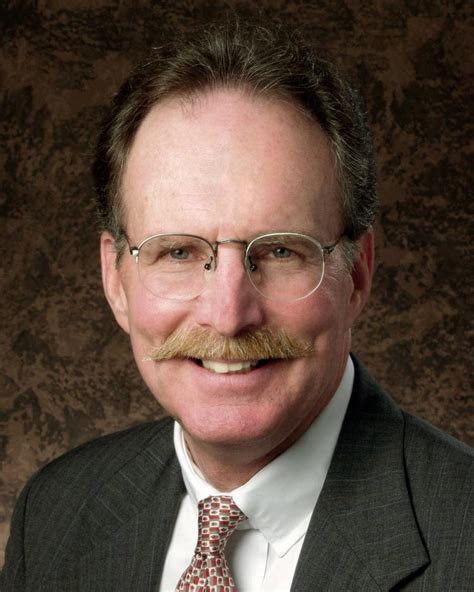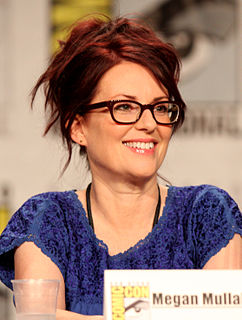A Quote by Skylar Astin
I was open to anything. That doesn't mean I would do anything, it just means I was open to anything. I've met for dramas, single camera comedy, multi-camera comedy. I take each script as an individual project.
Related Quotes
I don't want to carry big things around with me. I'm lazy. The snapshot camera, you just carry it around and take the picture. You don't need to think about anything. People in the street are not going to wait for you with a big camera. They would freak out. With a snapshot camera, they are comfortable.
I love bad comedy more than I love good comedy, so I love open mics. Or I used to. But the thing that delights me more than anything else in an open-mic performer is when the comic has one joke that requires some kind of prop. But only one. The prop is always produced very awkwardly, and it never, ever pays off. The resulting embarrassment is savory and delicious.
The majority of my background is multi-camera format, which is very broad and a very arch perception of reality. Whereas single camera tends to be more truthful and a little more intimate of a medium. Friends was an education in intelligent comedic banter; in intelligent vernacular. It was an education in scene study. It was an education in group dynamic. I came out of there with a masters degree in comedy.
[on making the transition from the comedy "Mary Tyler Moore" (1970) to its dramatic spin-off series "Lou Grant" (1977)] We were really worried about changing over from a three-camera, half-hour comedy to a one-camera, full-hour drama. The audience wasn't ready for the switch - even CBS billed us in their promos as a comedy. In fact, the whole thing was impossible. But we didn't know that.
